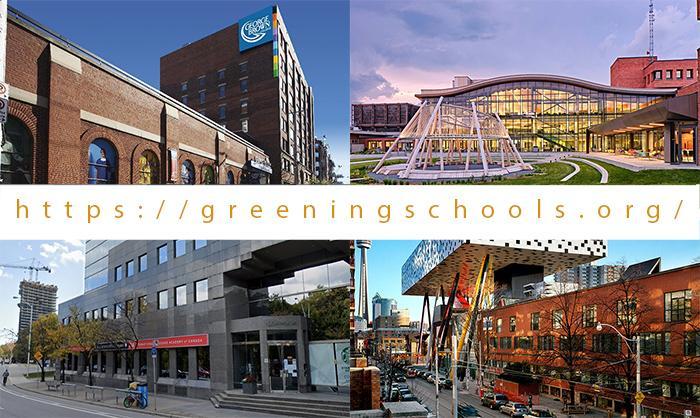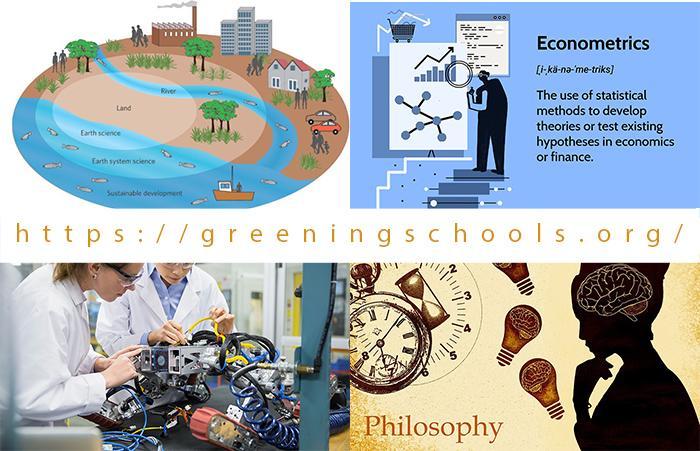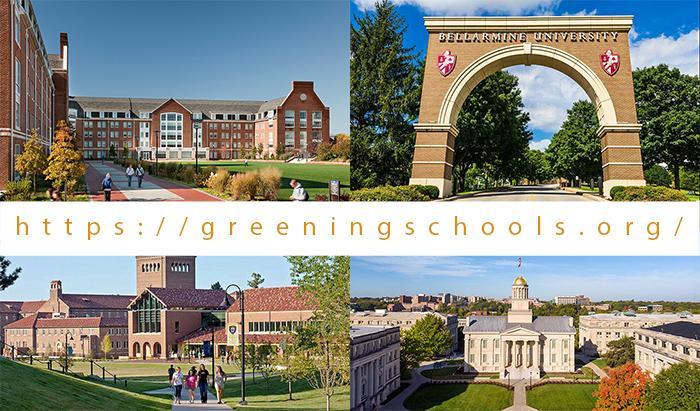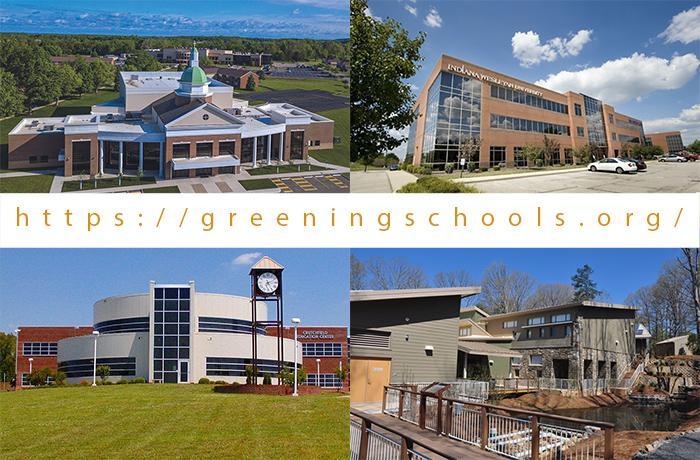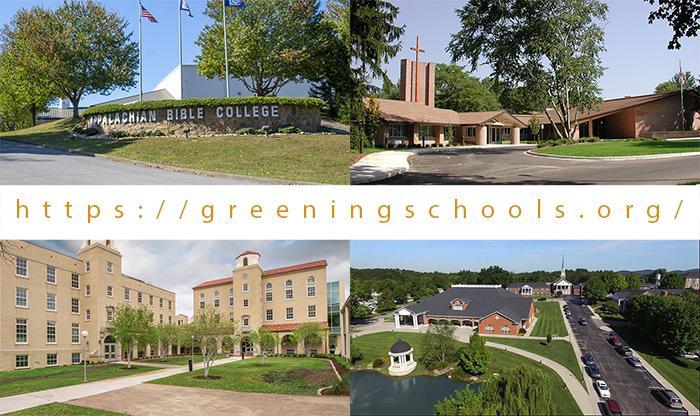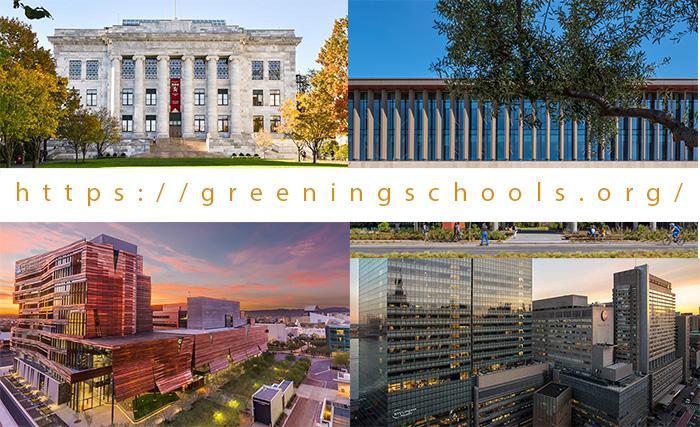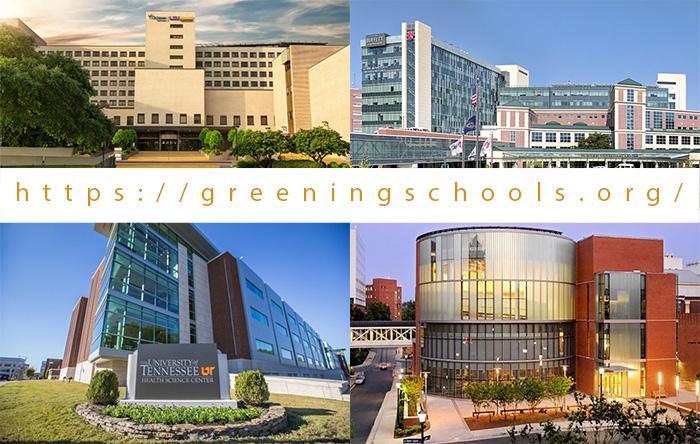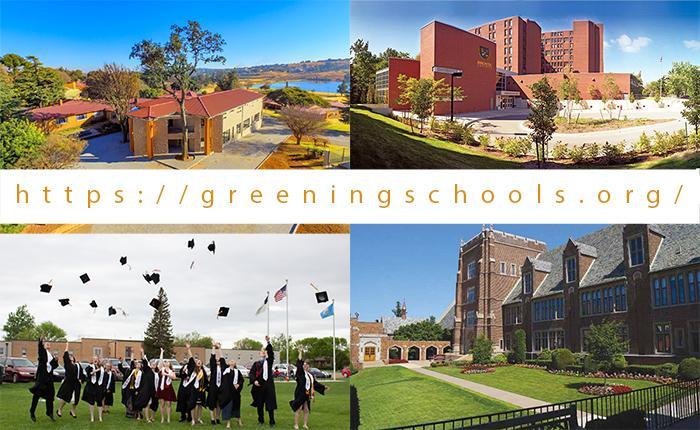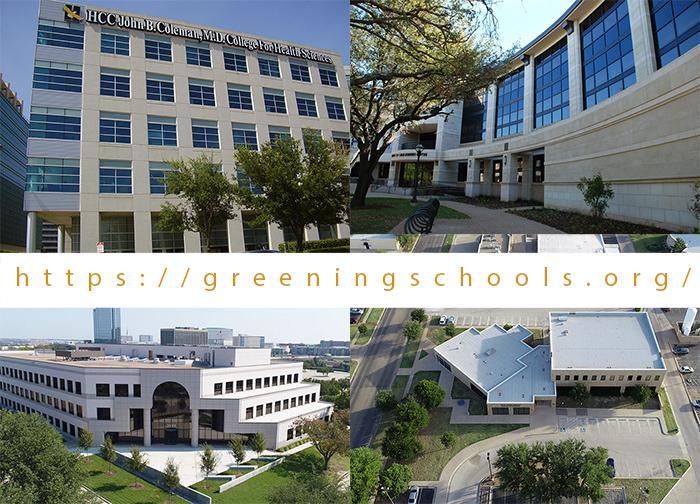Overview
Sometimes, it’s hard to put a price on a Southern education. A college education is a pipe dream that could cost you your entire life in terms of money, stress, and opportunities missed while you were away from the workforce for four (or more!) years. You may be wasting your youth and the opportunity to gain valuable work experience by delaying the start of your professional life. These are common assumptions made about higher education, but the data show otherwise. Getting a college education not only improves your financial situation over time, but also increases your chances of living a longer, healthier, and happier life. Top five reasons why you should get that bachelor’s degree are listed below.

Top reasons to attend college
Average Pay Increases

Workers with a postsecondary degree earn more than those with only a high school diploma, according to the U.S. Bureau of Labor Statistics (BLS). In 2021, those with an associate degree had a median weekly income of $963, or the midpoint of the range of numbers. This is an increase of $154/week, or over $8,000/year, compared to the salary of someone with only a high school diploma.
The median salary for a worker with a bachelor’s degree is $1,334, which is $525 more per week and over $27,000 more per year than the median salary for a worker without a postsecondary education. With a master’s degree, earnings increased to a median of $1,574 weekly, $765 more than for those with only a high school diploma, and nearly $40,000.
If your career lasts 40 years, this data suggests that you could make an extra $320,000 with an associate degree, over $1 million with a bachelor’s, and over $1.5 million with a master’s degree compared to someone without any postsecondary education.
Expand Your Opportunities
Earning a degree from an accredited institution may provide the competitive edge you need to get hired for that high-paying position. In addition to opening up more job opportunities, a bachelor’s degree can help you shift your perspective and treat your work as a career rather than a job.
A 2016 report by the Pew Research Center found that workers with advanced degrees (77%) and those with bachelor’s degrees (60%) were more likely to view their jobs as contributing to their sense of self-worth than those with less education (38%).
This concept is just as relevant today as it was then. Sixty-one percent of college students, according to The State of Higher Education 2022 Report by the Lumina Foundation and Gallup, are attending school to improve their employment prospects.
You’ve probably chosen your major because it’s related to a career or area of interest.
Build New Relationships
University is a great place to meet new people and develop existing friendships, as well as to learn new things. At the outset of your college career, you may choose to connect with an academic advisor who will be there to help you in a variety of ways throughout your time at university, including helping you plan your course load, pointing you in the right direction of campus services, and serving as a positive role model and sounding board for your academic and professional development. Teachers in your courses can also be a great resource for clarifying course requirements and guiding you through complex homework.
As soon as classes start, you’ll be immersed in a community of people just like you. Group projects and class discussions are excellent opportunities to meet potential business contacts, romantic interests, and lifelong friends among your academic peers.
In the long run, the connections you make in college can prove to be invaluable. During your time at university, you may have the opportunity to network with previous students. When you graduate from a school, you are automatically added to the alumni network. Alumni, or former students, play an integral part in the life of a university and are well represented in the alumni association. They do things like volunteer work, hosting and attending events, and mentoring current students to give back to the community. Alumni can be found in many different industries, and developing connections with them can lead to new job and networking opportunities.
Make a Difference

Xem thêm : Best Christian Colleges In Texas That You Should Know
Getting a degree also benefits those close to you. College grads are more likely to give to charity, volunteer their time, and cast ballots, according to the College Board’s 2019 report on the advantages of higher education for individuals and society.
Some educational institutions actively promote student participation in community service by providing opportunities for students to do so. Global Days of Service is a community service event hosted by SNHU each year. In 2022, more than 1,200 students will volunteer with 135 groups. As a result, a brand-new charity was established. Cassi Key ’22, who just earned an online English degree from SNHU, was so moved by her participation in Global Days of Service that she founded Bee Buddies, an organization dedicated to seed-planting and environmental education.
The article in TIME magazine highlights the efforts of universities to enhance climate education across a variety of disciplines, including architecture, economics, and law. Graduates from a wide range of disciplines are applying their knowledge to advance sustainability practices and combat climate change as a direct result of the increased focus on ecology and sustainability in higher education. One can also study for a degree that addresses these concerns specifically. You can study environmental science or geosciences at SNHU, both of which can help you get ready for a career in fields related to sustainability and conservation.
Obtaining a university degree can open up many other doors for you in terms of making a positive impact in the world. A college education can be earned in a field that directly contributes to bettering people’s lives.
Achieve job security
College graduates have a statistically significant advantage when applying for jobs. Joblessness among adults 25 and older with a bachelor’s degree was 1.8% in September 2022, according to the U.S. Bureau of Labor Statistics, while it was 3.7% among high school grads without a college degree.
This conforms to broader trends showing that the unemployment rate is roughly half as high for workers with a bachelor’s degree as it is for those with just a high school diploma.
Experience independence
The academic and personal freedom you gain in college can help you prepare for the real world after graduation in ways that high school simply can’t. Your success in school depends on how well you handle your time, assignments, and course load.
Increasing your knowledge of personal finance is another great benefit of attending college. You’ll have to fend for yourself in terms of things like budgeting, credit card management, and repaying student loans. In the end, this is how you learn to properly handle your finances for the rest of your life.
Learn valuable skills

Learning effective study habits is just one of the many transferable skills you can pick up in college that will serve you well in any field. Oftentimes, in the first year of college, students are required to take classes that emphasize teamwork and communication with peers.
If you want to improve in areas where you are weak, you can join a club or take a class. Take public speaking classes or join a local Toastmasters group if you suffer from stage fright. You can never predict the professional or personal abilities you will acquire.
Create a Viable Network in the Professional World
The networking opportunities you’ll have while in college will help you become a successful professional after graduation. They could be people you’ve met at a conference, an internship, or a school-sponsored event. This paves the way for you to create a network of professionals who can help you advance in your career in a variety of ways, such as tipping you off to new job openings.
Potentially Earn a Higher Income
There is no universal rule about how much money you can expect to make from a given job, but a college degree can increase your options. Those who have earned some sort of postsecondary credential have a better chance of starting out with a higher salary and continuing to do so as they move up the corporate ladder.
Discover Your Passion
College is the time when you can learn more about yourself and your interests. Finding out what’s most important to you can be done with the help of your teachers and classmates. If you go to school for healthcare, for instance, you might discover during an externship that you really enjoy working with a certain age group or that you have a knack for diagnosing and treating specific conditions.
Plan Your Career Path
College is an excellent stepping stone on the road to a successful professional life. Gaining the experience and expertise that will serve you well in your chosen field is the best way to get ready for life after college. If you want to go into a field that requires a master’s or doctorate degree after you finish your undergraduate degree, being an undergraduate student can help you prepare for that next step.
Greater Life Satisfaction
Xem thêm : Best Law Schools In The World That You Should Know
People with bachelor’s degrees are more likely to report being happy with their lives than those with less education. Seventy-five percent of college graduates in the United States report being “very satisfied” with their family lives, while only 64 percent of those with less than a high school diploma make the same claim.
Longer marriages are another indicator of a higher level of happiness among college graduates compared to those with only a high school diploma.
Women with a bachelor’s degree or higher have an 80 percent chance of staying married for 20 years or more, while those with a high school diploma or less have a 40 percent chance of doing so. The same holds true for men; whereas 50% of men with no more than a high school diploma can anticipate their marriage to last 20 years or less, 65% of men with a bachelor’s degree can expect the same.
Better Health Outcomes

Getting a degree from a four-year university improves your health and lengthens your life. Those with some college education live longer than those without a degree by more than 50%.
According to a Lumina Foundation study, the smoking rate is nearly four times as high among high school grads as it is among college grads. There is a correlation between not going to college and being overweight or drinking excessively.
The relationship between education and health is complex, but there are many reasons that college graduates tend to be healthier. Higher rates of preventative screenings may be seen among those with higher levels of education and health coverage. When a person earns a higher income, they may be able to invest that money into making their community a healthier and more pleasant place to live.
FAQs
When shouldn’t you go to college?
Avoid college until you have a better idea of what you want to major in and what kind of work you would enjoy doing. In order to save money or gain clarity on a career path, many high school graduates take a year or two off after graduation before enrolling in college.
It’s possible that a 4-year college diploma is unnecessary for the field you’re interested in. If this describes your situation, you might want to consider a cheaper alternative. Software boot camps can teach coding, app building, and other skills for as little as half the price of a degree, and trade and vocational schools are great alternatives to a traditional four-year college.
Is college worth it?
Undergraduate degree holders typically earn more and have more employment options than their non-graduate counterparts. Moreover, many students use college as a chance to learn about personal finance, make professional connections, and expand their horizons. For many people, it’s money well spent.
Each person must decide for themselves if going to college is worth the investment. If you graduate and have trouble finding work in your chosen field, paying off your student loans could be a part of your life for a decade or more.
Do some reading if you’re on the fence about going to college. Friends and family who have already graduated college can give you a more accurate picture of what it’s like, as can financial advisors and admissions counselors. You can also take a tour of the campus to get a feel for student life there.
Why Is a College Education Important?
There are many benefits to going to college, including the possibility of bettering one’s financial situation and employment prospects, as well as the chance to meet interesting people and learn about other cultures. The benefits of this type of education extend far beyond the professional realm.
Conclusion
No degree can guarantee financial, health, or social success, but there are many reasons to pursue higher education. Not everyone who completes college does well in life, just as many people who don’t finish high school do well.
Attending trade school, earning a certificate online, or starting a business are all viable options for those looking to establish themselves professionally. An associate’s degree can be a good alternative to a bachelor’s if you don’t have the time or resources to complete a full four years of school.
There is no longer an absolute requirement for formal education in order to achieve professional success; however, formal education often facilitates subsequent success. Before settling on a course of study or a career, it’s a good idea to take some time to figure out what you’re passionate about.
Nguồn: https://greeningschools.org
Danh mục: Online Colleges

